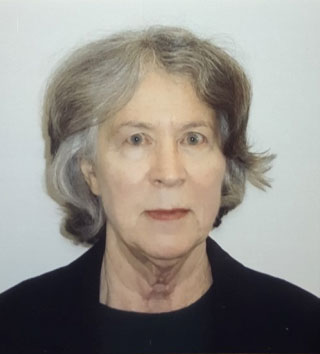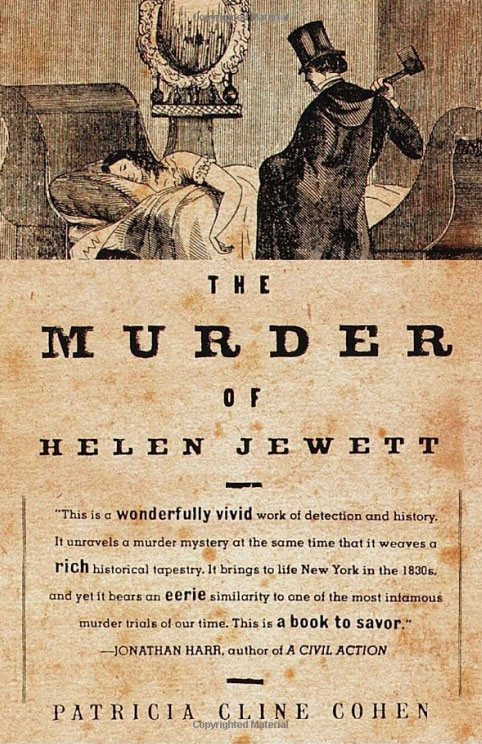
Professor Emerita and member of the Board of the UCSB Emeriti Association, Patricia Cline Cohen retired after 38 years in UCSB’s History Department, but she has not stopped being an active historian. A specialist in 18th and 19th century U.S. History, Professor Cohen has wide-ranging expertise in gender, sexuality, journalism, historical demography, numeracy, and medicine. Author of three critically acclaimed books, A Calculating People: The Spread of Numeracy in Early America; The Murder of Helen Jewett: The Life and Death of a Prostitute in NineteenthCentury New York; and The Flash Press: Sporting Male Weeklies in 1840s New York, she has also published numerous well-received articles on topics in her areas of expertise. She garnered NEH, Mellon, and Guggenheim awards, and capped her faculty career with the presidency of the Society for Historians of the Early American Republic (SHEAR).
In 2020, Professor Cohen embarked, post retirement, on a study of 19th-century abortion, in law, medicine, and actual practice. Drawing on a rich and comprehensive array of digitized databases, she combed through crime and trial reports, newspaper accounts, medical journals, medical textbooks and jurisprudence works, plus revised statute books of all the states up to the 1870s. Her goal was to create a body of evidence relevant to the upcoming Supreme Court case in Dobbs v. Jackson Women’s Health Organization. Her findings were utilized in two amicus briefs, one for Dobbs, the other for Planned Parenthood of Michigan v. Michigan House of Representative and Senate.

Professor Cohen wrote an opinion piece for the Washington Post that ran online within an hour of the announcement of the Dobbs decision on June 24, 2022. In her op ed, titled “The Dobbs decision looks to history to rescind Roe: but the history it relies on is not correct,” she effectively challenged the historical validity of Justice Samuel Alito’s argument that Roe disrupted “an unbroken tradition of prohibiting abortion on the pain of criminal punishment” that had “persisted from the earliest days of the common law until 1973.” As Cohen explains, the “real picture is far blurrier,” with public sentiment that clearly ran counter to official dictates, a reality that closely mirrors the mood of the country today.
Professor Cohen continues to engage with the public, through conference papers and historical blog sites. In February, she spoke to Santa Barbara community members on “What the Dobbs Decision got Wrong about 19th -century abortion history,” a talk sponsored by the UCSB History Associates. Upcoming, she is slated to speak at an Iowa venue as well as in a continuing education course for the Pennsylvania Bar Association.
Professor Cohen exemplifies the ways emeriti faculty continue actively to engage with scholarship, through research, writing, and public presentations. The Emeriti Association is honored to spotlight her achievements and delighted that she has also made space in her active professional life to serve on the Association’s Board.